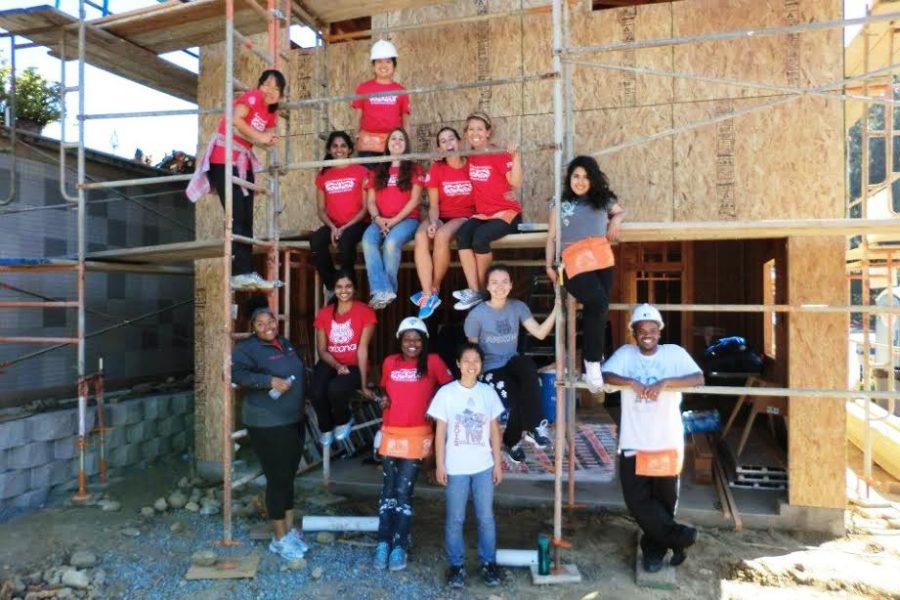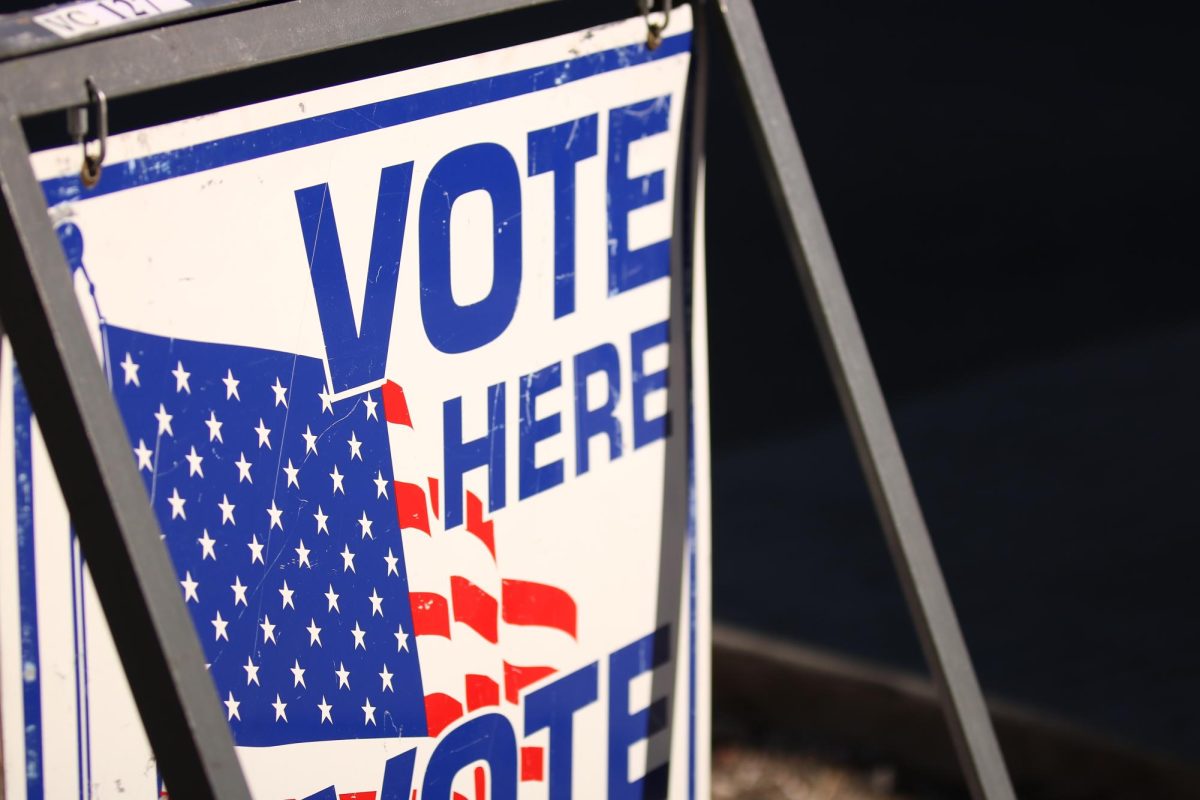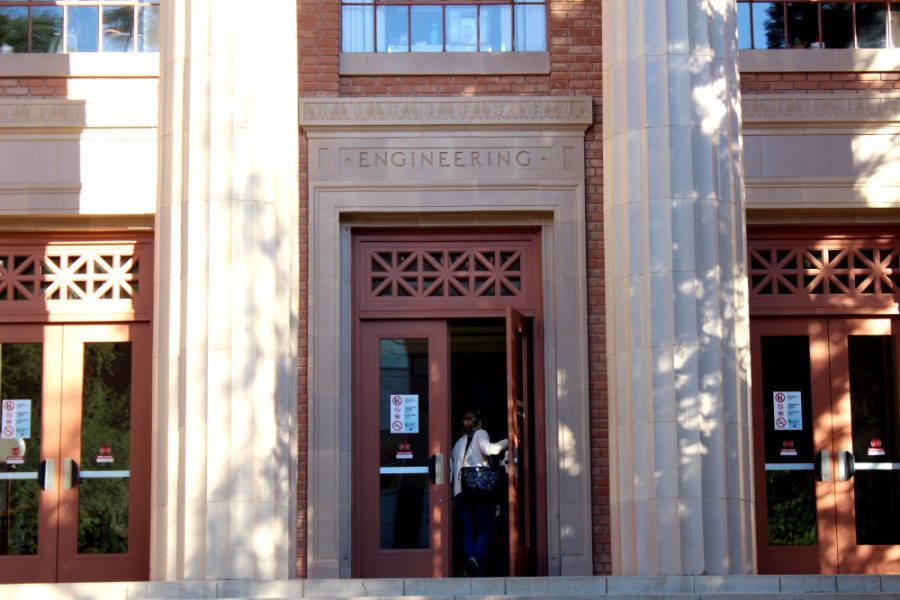Some UA students are looking to make a difference this Spring Break by passing up a trip to Cabo or Lake Havasu, in order to help with issues such as hunger, poverty and medical care.
The University of Arizona Alternative Breaks programs will be sending five student-led groups to cities across the country on various community service projects.
Each group has a unique service focus, such as poverty, homelessness, health care access, food insecurity and nature preservation.
The groups travel to metropolitan areas like New York City, San Francisco and Denver, according to Kate Medici, the associate director of Alternative Breaks.
While in New York, the students plan to work with Youth Service Opportunities Project and volunteer in clothing banks and soup kitchens, said Leah Gluck, the trip’s leader and a speech and hearing sciences freshman.
Gluck emphasized her desire for the students to understand how prevalent issues of poverty and homelessness are.
“A lot of times when you’re living in the university community, it’s kind of like we’re in a bubble, and they don’t really … see how challenging it can be for some people,” Gluck said. “I really hope that this opens their eyes to other issues and this will be the spark for people to continue to do social justice at home.”
Students on the trip to Sacramento, Calif., led by Nikhita Pakki, a physiology senior, will work side by side with Habitat for Humanity to construct homes for families with low incomes.
“Once [the students] see what goes into building a house … the effort, the amount of people that work with it, the kind of things that go on in the background of it,” Pakki said, “we hope to inspire them through showing them the different aspects of what it takes to build one single house.”
A third excursion to Denver will assist Project C.U.R.E., an organization the delivers medical supplies to countries around the world, in a warehouse assembling packages to send to third-world countries filled with medicine, syringes, vaccines and other needed medical tools.
The trip leader, Dario Alvarez, a biology senior, discussed the importance of not only service, but of being informed.
“I hope that the participants can understand the differences in health care between Third World countries and the US or other countries,” Alvarez said. “I hope that they see that their work is for a purpose, that everything that they’re doing right now … will have a bigger impact on the world.”
To Pakki, the trips are a unique experience because they give students a chance to make a difference in their home country instead of flying overseas to do service.
“When you want to go out of Arizona or Tucson to do some sort of service project, it is a great opportunity,” Pakki said. “I think it makes a larger impact because it’s affecting your own community.”
Medici emphasized that simply doing the service is not all the program is about.
“[It’s about] teaching people the bigger meaning behind what they’re doing,” Medici said. “Like how to bring it back to your life here [in] Tucson, and how can it be a value in your life every day.”
Having gone on an Alternative Breaks trip to New Mexico before she became associate director, Medici said she feels like the experience would not be the same without the reflection.
“It was a lot more impactful to me and had a deeper meaning than just going and volunteering and feeling good for a little bit,” Medici said.
Overall, Alternative Breaks seeks to get students more involved with their local community, Medici said.
“What we want all students to eventually become is an active citizen, which is when community becomes a priority in their values and their life choices,” Medici said. “We want people to be lifelong servers.”









